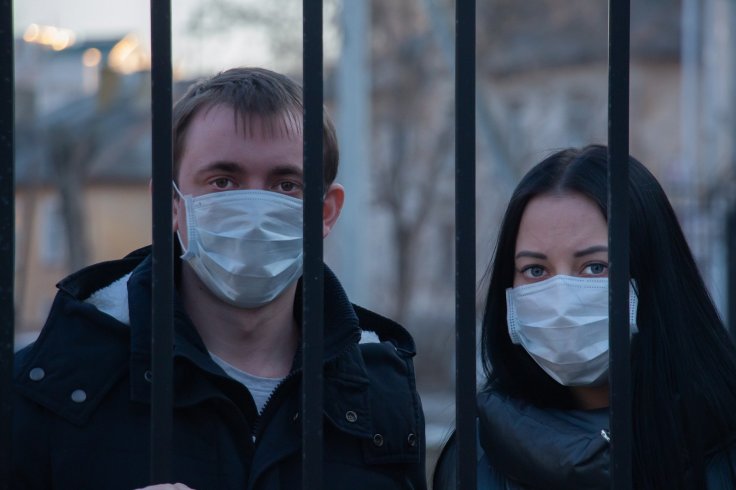The coronavirus is mutating at a faster rate with newer variants spreading across the world and the most dangerous among all mutants is the latest Delta variant that caused a health crisis in India. The delta variant is highly transmissible and is now reported in 60 countries.
The Delta variant, also known as B.1.617.2, is said to be 60% more transmissible than the previous dominant strain and health experts are worried the strain is so strong in its behavior, that the vaccine might not protect the individual completely.
The virus mutation has brought newer symptoms to the forefront that was not previously reported and health experts have updated four new symptoms people need to watch out for and not take it lightly as it might be the delta strain and it carries a higher risk of hospitalization.

1. Gangrene
Dr Abdul Ghafur, an infectious disease physician in India, told Bloomberg that patients have suffered from symptoms of gangrene and were tested positive for the virus. The Delta variant can cause the death of tissues and loss of blood supply to organs leading to cases of gangrene even to people with no comorbidities. The condition has affected patients' toes, fingers, limbs and caused numbness to the body.
2. Hearing Impairment
The Delta variant shows patients have reported to have suffered from hearing impairment before being tested positive for covid-19 and their hearing was severely affected while they were undergoing treatment. Ghafur revealed that people need to test themselves for Covid if they find trouble with hearing and begin diagnosis immediately.

3. Severe Gastric Upsets
Another new symptom from the delta variant is severe gastric problems not typically seen in covid-19 patients. The gastric issues have occurred with people despite having food on their regular time and with normal quantity and have been burping so severely, that it caused pain and discomfort in their chest and lungs.
4. Blood Clots
The delta variant brings in blood clots at very early stages to people who have no history of hypertension and diabetes and clots have formed even before the person has tested positive for the virus. The previous dominant strain caused blood clots to patients with underlying conditions and suffered from clots only after or during treatment.









